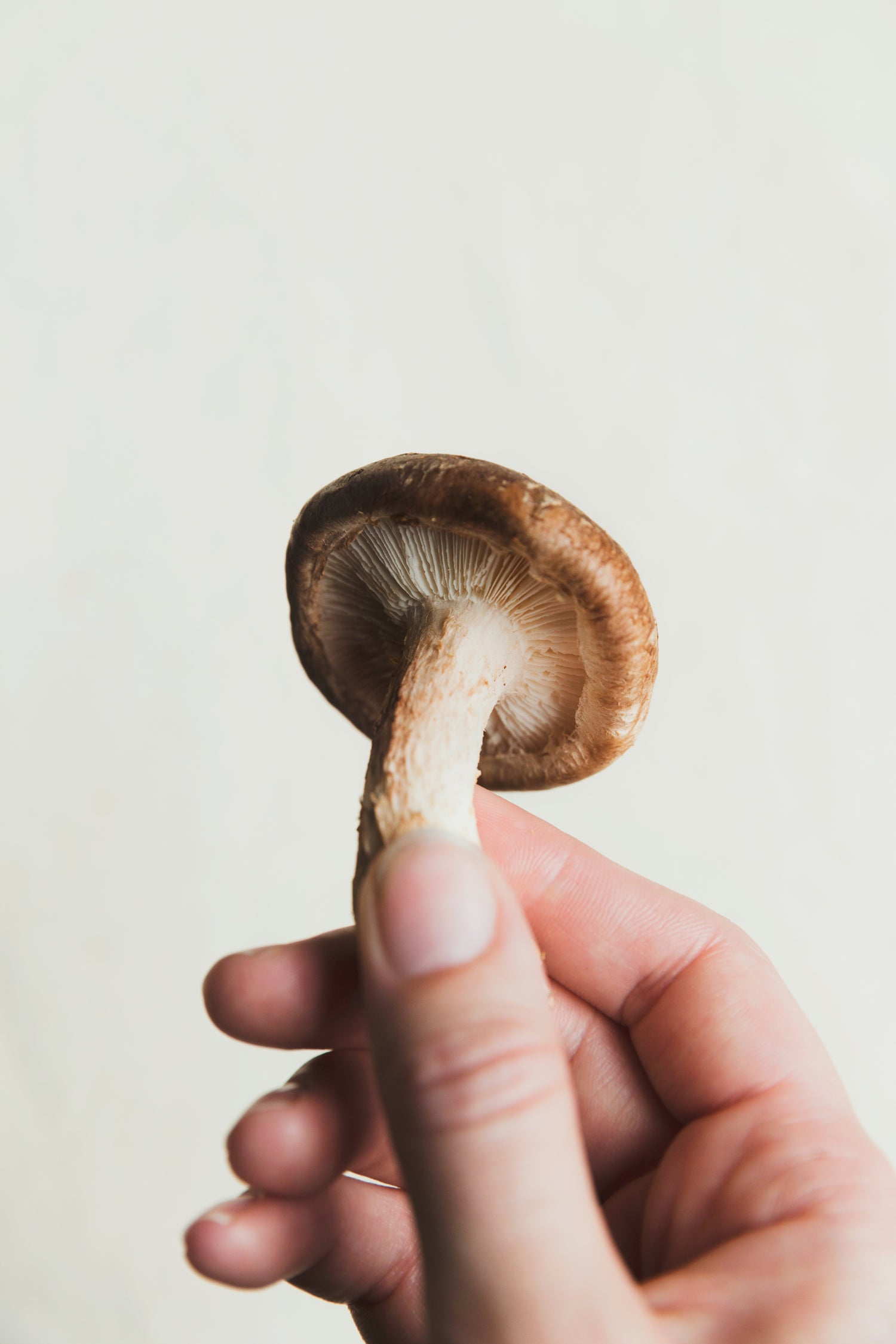Harnessing the Healing Power of Mushrooms

A Revolutionary Approach to Treating Cardiac Disease
Cardiac disease, including conditions such as heart attacks, heart failure, and high blood pressure, remains a leading cause of death worldwide. Despite advancements in modern medicine, the search for alternative and complementary treatments continues. One such fascinating avenue gaining recognition is the utilization of mushrooms for treating cardiac disease. In this article, we will explore the potential of mushrooms as a natural remedy, backed by emerging scientific evidence, and delve into the specific properties that make them beneficial for cardiovascular health.
The Therapeutic Potential of Mushrooms:
Mushrooms have been used for centuries in traditional medicine systems like Traditional Chinese Medicine and Ayurveda. In recent years, scientific studies have shed light on their therapeutic potential. Mushrooms possess a remarkable array of bioactive compounds, including polysaccharides, terpenoids, phenols, and antioxidants, which contribute to their various health benefits.
Cholesterol Management:
High levels of low-density lipoprotein (LDL) cholesterol can contribute to the development of cardiovascular diseases. Certain species of mushrooms, such as shiitake (Lentinula edodes) and oyster mushrooms (Pleurotus ostreatus), have been found to contain compounds that can help regulate cholesterol levels. Active ingredients like beta-glucans found in these mushrooms have shown promise in reducing LDL cholesterol and improving overall lipid profiles.
Blood Pressure Regulation:
Hypertension, or high blood pressure, is a major risk factor for heart disease. Research suggests that certain mushroom varieties, including maitake (Grifola frondosa) and reishi (Ganoderma lucidum), may possess antihypertensive properties. Compounds present in these mushrooms have demonstrated the ability to relax blood vessels and reduce blood pressure levels, thus promoting cardiovascular health.
Antioxidant and Anti-inflammatory Effects:
Oxidative stress and chronic inflammation play a pivotal role in the development and progression of cardiac disease. Mushrooms are a rich source of antioxidants and anti-inflammatory compounds, such as ergothioneine and phenolic compounds. These bioactive components help neutralize harmful free radicals, reduce inflammation, and protect the cardiovascular system from oxidative damage, potentially reducing the risk of cardiac-related ailments.
Improved Endothelial Function:
The endothelium, a thin layer of cells lining the blood vessels, plays a crucial role in maintaining vascular health. Dysfunction of the endothelium can contribute to the development of atherosclerosis and other cardiovascular conditions. Research suggests that mushrooms, particularly the lion's mane mushroom (Hericium erinaceus), may enhance endothelial function. Lion's mane contains compounds that stimulate the production of nitric oxide, a vasodilator that helps relax blood vessels and improve blood flow.
Antiplatelet Activity:
Excessive platelet aggregation and blood clotting can lead to heart attacks and strokes. Certain mushroom extracts, such as from Agaricus bisporus and Phellinus linteus, have demonstrated antiplatelet activity. These extracts inhibit platelet aggregation, thereby reducing the risk of clot formation and potentially preventing cardiovascular events.
While traditional treatments for cardiac disease remain vital, the potential of mushrooms as a complementary therapy is an exciting avenue of research. The diverse bioactive compounds found in mushrooms offer promising benefits for cardiac health, including cholesterol management, blood pressure regulation, antioxidant effects, improved endothelial function, and antiplatelet activity. However, it is essential to note that further research is needed to fully understand the mechanisms of action and determine the most effective ways to incorporate mushrooms into treatment plans.


